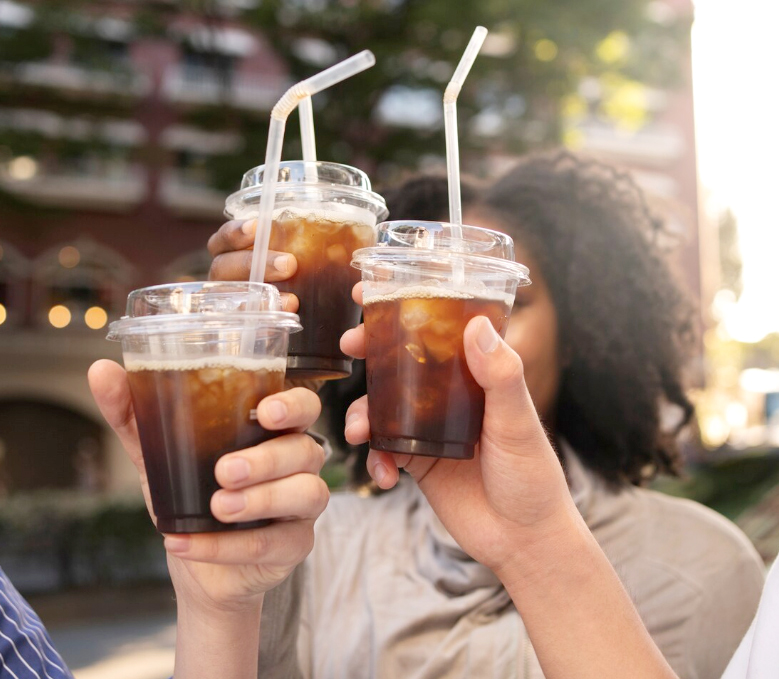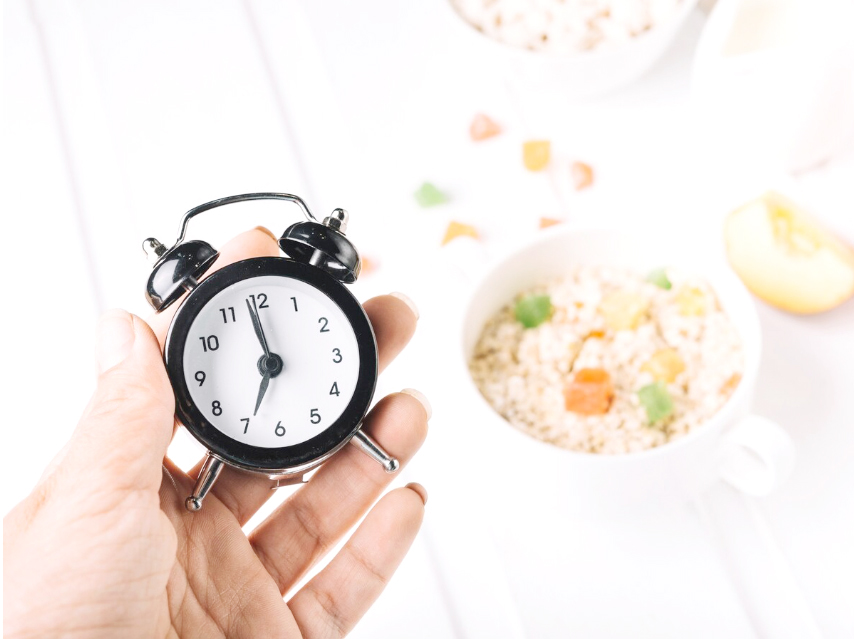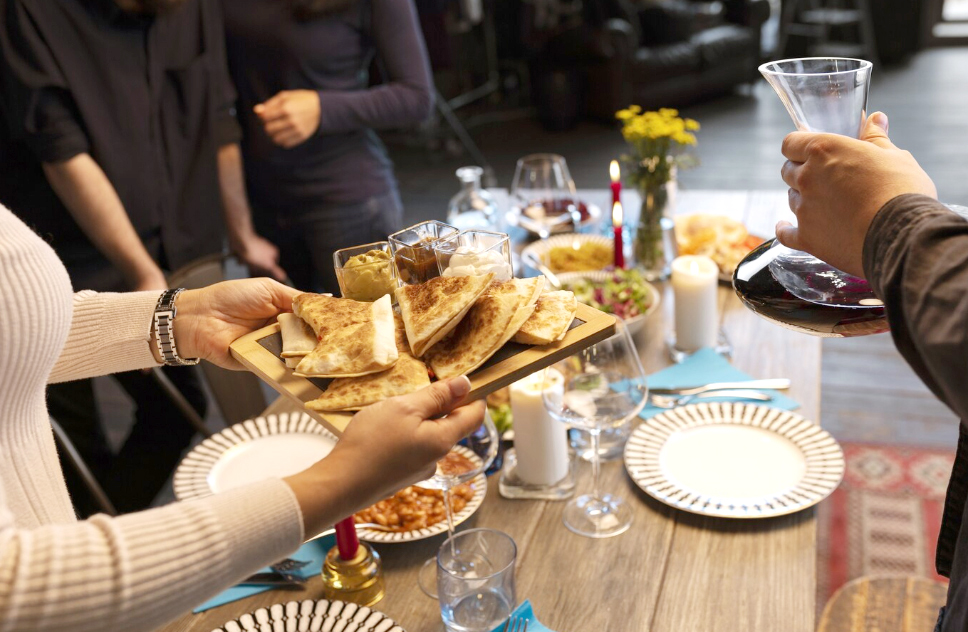Have you gone haywire this holiday season?
How to strike a balance between feasting and staying healthy
By Cheshire Que
You meant to stay healthy with all your heart and mind this holiday season. You are imperfect, however, just like everyone else. It’s human to be tempted and sometimes give in to the temptation of having just one more bite of that dessert or have a second helping of that dish you only get to eat during Christmas. These probably won’t have a huge impact on your health if you’ve been previously healthy most of the time the entire year. But what if you have lost control this season? What about those Christmas calories that you have consumed in every party that you’ve attended, not to mention the late nights, lack of sleep, and non-existent exercise? Have you gone haywire healthwise this holiday season?
Don’t wait until the new year comes. The earlier you start getting back on track, the less damage you will have on your overall health, especially your weight. Even if there is still New Year’s Eve media noche that you have no choice but to celebrate with loved ones, you can do something about the days in between Christmas and New Year.
Here are ways on how you can strike a balance between feasting and staying healthy:

Stop drinking your calories. If you have to drink coffee, brewed, espresso, or Americano will do. Coffee sans the added sugar, cream, and syrup have zero calories. Coffee has beneficial antioxidants but it’s what we put into it that makes it unhealthy and calorie laden. If you can’t drink it plain and prefer a latte, it is important to choose plant-based milk alternatives like soy milk, oat milk, or any nut milk. Cow’s milk as well as other animal based dairy products increase the production of inflammatory chemicals in the body. The same goes with drinking tea. Plain tea and herbal infusions are very healthy due to the phytonutrients or plant chemicals. In fact, tea from camelia sinensis plant prevents the absorption of fat. Therefore, drink your green, black, white, and oolong tea plain. Say goodbye to milk tea and boba pearls or tapioca balls locally known as sago. It would also be best to avoid alcoholic beverages and sweetened beverages. You’ve already had too much carbs and sugar during the festivities. In the next coming days, plain water or fruit and vegetable infused water must be your friend.
Have a sweet tooth? Can’t live without sugar? Well, zero calorie sweeteners may be safely consumed unless you have sensitivities. Too much may upset your gut microbiome. It is important to replenish your good bacteria that play a role in weight management and metabolism by eating a variety of fresh fruits, vegetables, and whole grains. Prebiotic supplement may also be taken with the guidance of a registered nutritionist dietitian.

Get moving. It’s a busy season alright. But there are so many ways we can burn calories throughout the day. That one slice of ham (approximately 35g) that you’ve eaten during Noche Buena is about 122 calories. It would take a 59 kg person 16 minutes of running in place to burn that amount of calories. Why don’t you begin to pace while talking on the phone. You could also set cycles 10 to 15-minutes of walking in place or walking around your house, three to four times a day. That would easily give you 45 to 60 minutes of walking exercise daily. You could also stand instead of sitting and doing nothing. Be creative. Just get moving. It will improve your blood circulation and help increase your metabolism to burn those calories that make you gain body fat and weight. Walking has also been proven to reduce abdominal or visceral fat that is linked to increased blood glucose, cholesterol, and triglycerides.

Try fasting after feasting. Unless you have a medical condition, doing a 12 to 14 hour fast from dinner to breakfast is beneficial. Studies have shown, however, that taking meals beyond lunch time is linked to increased blood lipids (cholesterol and triglycerides). Therefore, it is important to remember that when doing intermittent fasting, it must be aligned with your circadian rhythm or body clock. No food intake for 12 to 14 hours from dinner time onward, but you must eat something before noon. It would also be great if you don’t eat snacks and just have a cup of tea or two. Allow your body to use up stored energy in between meals instead of adding in more calories with calorie laden snacks. Just remember to keep well hydrated with water. If you have diabetes, especially Type 1, do not attempt to do intermittent fasting because you will have hypoglycemia while on insulin therapy.

Share the calories. You probably got cakes, boxes of chocolates, cookies, and other sweet treats for Christmas. Here’s the thing: You don’t need to consume everything all at once. Check expiry dates for treats that you can keep for future consumption. Do not give in to the desires of your flesh. In this case, sensory hunger. You only want to eat it not because you’re hungry but because it seems so tempting and appetizing. For perishables like cakes and other dishes, you can have a taste but it is best to think of people whom you can share them with. When you feel the urge to eat and you don’t feel the hunger in your belly area, let me tell you. You’re not truly hungry. You are simply craving. Drink water, tea, or pop a sugar-free mint to alter your taste buds.
Find your balance this season. Small and occasional treats may be permissible but you can’t allow yourself to get out of control. You can’t simply go haywire thinking you’ve already eaten a lot anyway so a few more days of bingeing before the new year won’t hurt, right? Wrong.
Have a happy healthy holiday season!